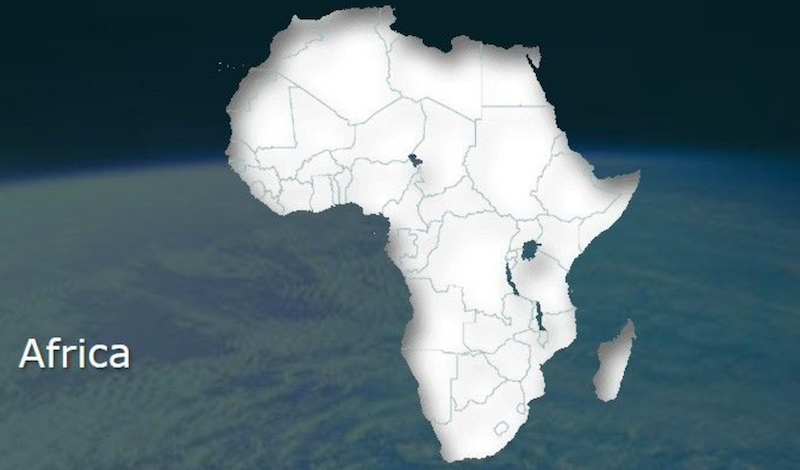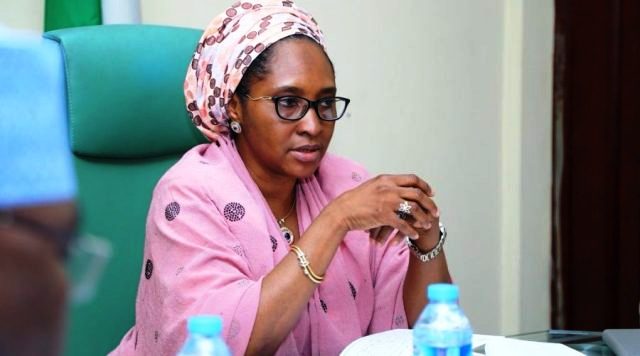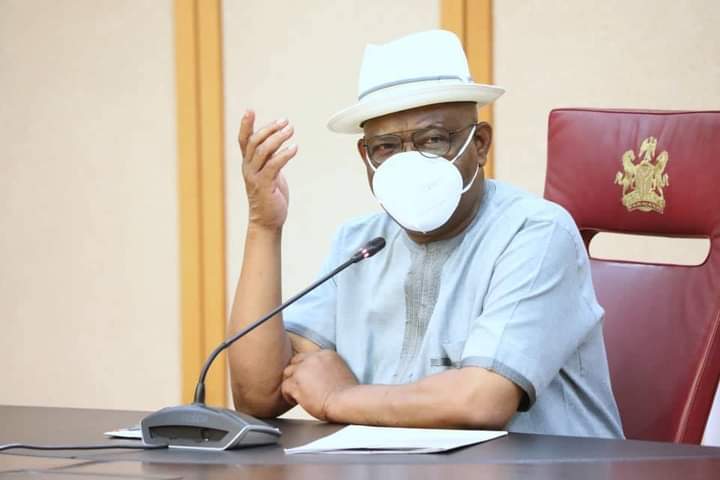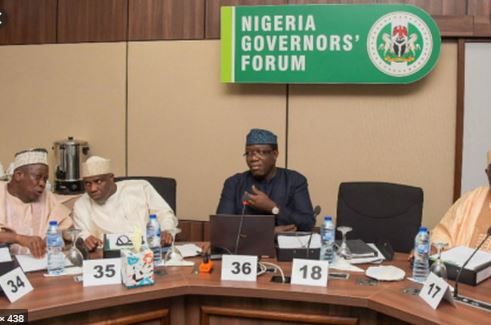Experts say African governments must act urgently to protect jobs and livelihoods as climate change threatens 83 per cent of Africa’s jobs and the labour market.
The UN Economic Commission for Africa (ECA), said this in a statement on its website.
The experts spoke at a high-level side event of the 11th Session of the Africa Regional Forum on Sustainable Development (ARFSD).
The event was organised by the Macroeconomic Policy, Finance and Governance Division of the UN ECA.
It focused on the findings of the Economic Report on Africa 2023 and 2024.
Ms Nadia Ouedraogo, an Economic Affairs Officer at ECA, revealed that informal employment accounted for 83 per cent of all jobs in Africa in 2024.
Ouedraogo said sectors such as agriculture, construction, and services sectors were highly vulnerable to climate-induced shocks.
“Women and youth are especially at risk of job and income losses due to environmental degradation, erratic weather patterns and seasonal disruptions,” she said.
Moderating the session, Ms Zuzana Schwidrowski, Director of the Macroeconomic Policy Division, said climate change was not only destroying livelihoods but also threatening financial and macroeconomic stability across Africa.
“While these climate-related shocks are eroding growth and fiscal buffers, they also present opportunities for transformation through green innovation and investment,” Schwidrowski said.
In his remarks, Mr Sam Koojo, Assistant Commissioner at Uganda’s Ministry of Finance, Planning and Economic Development, called for stronger partnerships between governments, the private sector and development partners.
“We must collaborate, co-create solutions, and prioritise climate action that drives job creation and inclusive growth,” he said.
Echoing the urgency, Mr Andrew Allieu, a Senior Economist with the ILO Regional Office for Africa, warned that climate change could displace millions and widen social inequalities.
“The livelihoods of 1.2 billion workers who depend on natural resources are at risk.
”Heat stress alone is already causing a 2.3 per cent loss in working hours and that could translate to 14 million jobs lost by 2030,” he said.
Mr Etienne Espagne, Senior Climate Economist at the World Bank, stressed the need for coordinated regional action to build high-skill, climate-resilient jobs.
“Aligning supply chains with regional strengths will reduce risks and ensure shared prosperity. Early investment in renewables and innovation is essential to secure green jobs,” Espagne added.
Also speaking, Ms Olapeju Ibekwe, CEO of Sterling One Foundation, emphasised that public-private partnerships are key to attracting green investments and fostering inclusive development.
“Women must be fully included in the green transition not just as beneficiaries, but as leaders in decision-making and innovation,” she said.
Panelists also raised concern about projected economic losses, with a one per cent rise in temperature potentially cutting Africa’s GDP by 2.2 per cent by 2030, particularly impacting West Africa.
They warned that without targeted policies, the shift away from fossil fuels could worsen inequality, especially in West and Central Africa.
The experts estimated that the carbon market alone could create up to 400 million jobs by 2050, in addition to those in renewable energy and sustainable agriculture.
The session concluded with calls to scale up reskilling programmes for youth and informal workers, strengthen social protection, and unlock innovative financing to accelerate Africa’s green transition.






